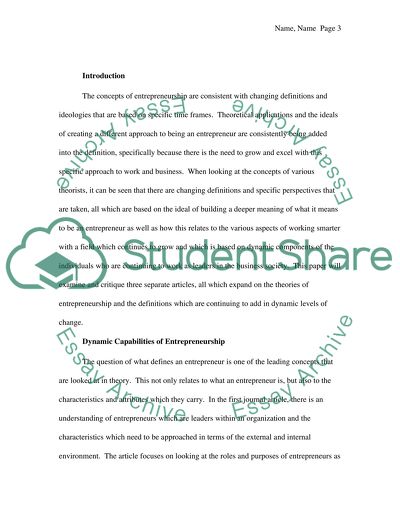Cite this document
(“Entrepreneurship Research Paper Example | Topics and Well Written Essays - 3250 words”, n.d.)
Retrieved from https://studentshare.org/family-consumer-science/1421830-entrepreneurship
Retrieved from https://studentshare.org/family-consumer-science/1421830-entrepreneurship
(Entrepreneurship Research Paper Example | Topics and Well Written Essays - 3250 Words)
https://studentshare.org/family-consumer-science/1421830-entrepreneurship.
https://studentshare.org/family-consumer-science/1421830-entrepreneurship.
“Entrepreneurship Research Paper Example | Topics and Well Written Essays - 3250 Words”, n.d. https://studentshare.org/family-consumer-science/1421830-entrepreneurship.


